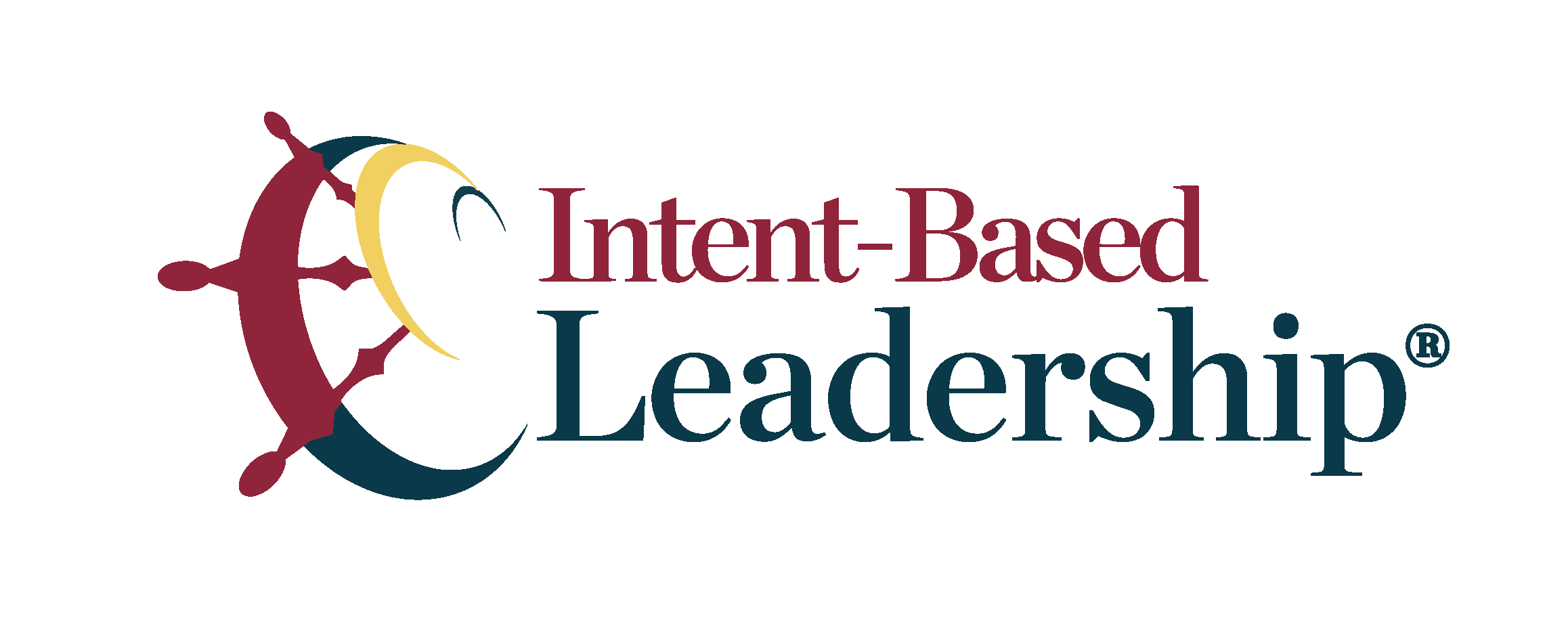The Wall Street Journal Best Seller
Leadership Is Language:
The Hidden Power of What You Say -- and What You Don't
You might imagine that an effective leader is someone who makes quick, intelligent decisions, gives inspiring speeches, and issues clear orders to their team so they can execute a plan to achieve your organization's goals. Unfortunately, David Marquet argues, that's an outdated model of leadership that just doesn't work anymore.
As a leader in today's networked, information-dense business climate, you don't have full visibility into your organization or the ground reality of your operating environment. In order to harness the eyes, ears, and minds of your people, you need to foster a climate of collaborative experimentation that encourages people to speak up when they notice problems and work together to identify and test solutions.
Too many leaders fall in love with the sound of their own voice, and wind up dictating plans and digging in their heels when problems begin to emerge. Even when you want to be a more collaborative leader, you can undermine your own efforts by defaulting to command-and-control language we've inherited from the industrial era.
It's time to ditch the industrial age playbook of leadership. In Leadership is Language, you'll learn how choosing your words can dramatically improve decision-making and execution on your team. Marquet outlines six plays for all leaders, anchored in how you use language:
As a leader in today's networked, information-dense business climate, you don't have full visibility into your organization or the ground reality of your operating environment. In order to harness the eyes, ears, and minds of your people, you need to foster a climate of collaborative experimentation that encourages people to speak up when they notice problems and work together to identify and test solutions.
Too many leaders fall in love with the sound of their own voice, and wind up dictating plans and digging in their heels when problems begin to emerge. Even when you want to be a more collaborative leader, you can undermine your own efforts by defaulting to command-and-control language we've inherited from the industrial era.
It's time to ditch the industrial age playbook of leadership. In Leadership is Language, you'll learn how choosing your words can dramatically improve decision-making and execution on your team. Marquet outlines six plays for all leaders, anchored in how you use language:
• Control the clock, don't obey the clock: Pre-plan decision points and give your people the tools they need to hit pause on a plan of action if they notice something wrong.
• Collaborate, don't coerce: As the leader, you should be the last one to offer your opinion. Rather than locking your team into binary responses ("Is this a good plan?"), allow them to answer on a scale ("How confident are you about this plan?")
• Commit, don't comply: Rather than expect your team to comply with specific directions, explain your overall goals, and get their commitment to achieving it one piece at a time.
• Complete, not continue: If every day feels like a repetition of the last, you're doing something wrong. Articulate concrete plans with a start and end date to align your team.
• Improve, don't prove: Ask your people to improve on plans and processes, rather than prove that they can meet fixed goals or deadlines. You'll face fewer cut corners and better long-term results.
• Connect, don't conform: Flatten hierarchies in your organization and connect with your people to encourage them to contribute to decision-making.
In his last book, Turn the Ship Around!, Marquet told the incredible story of abandoning command-and-control leadership on his submarine and empowering his crew to turn the worst performing submarine to the best performer in the fleet. Now, with Leadership is Language he gives businesspeople the tools they need to achieve such transformational leadership in their organizations.
• Collaborate, don't coerce: As the leader, you should be the last one to offer your opinion. Rather than locking your team into binary responses ("Is this a good plan?"), allow them to answer on a scale ("How confident are you about this plan?")
• Commit, don't comply: Rather than expect your team to comply with specific directions, explain your overall goals, and get their commitment to achieving it one piece at a time.
• Complete, not continue: If every day feels like a repetition of the last, you're doing something wrong. Articulate concrete plans with a start and end date to align your team.
• Improve, don't prove: Ask your people to improve on plans and processes, rather than prove that they can meet fixed goals or deadlines. You'll face fewer cut corners and better long-term results.
• Connect, don't conform: Flatten hierarchies in your organization and connect with your people to encourage them to contribute to decision-making.
In his last book, Turn the Ship Around!, Marquet told the incredible story of abandoning command-and-control leadership on his submarine and empowering his crew to turn the worst performing submarine to the best performer in the fleet. Now, with Leadership is Language he gives businesspeople the tools they need to achieve such transformational leadership in their organizations.



